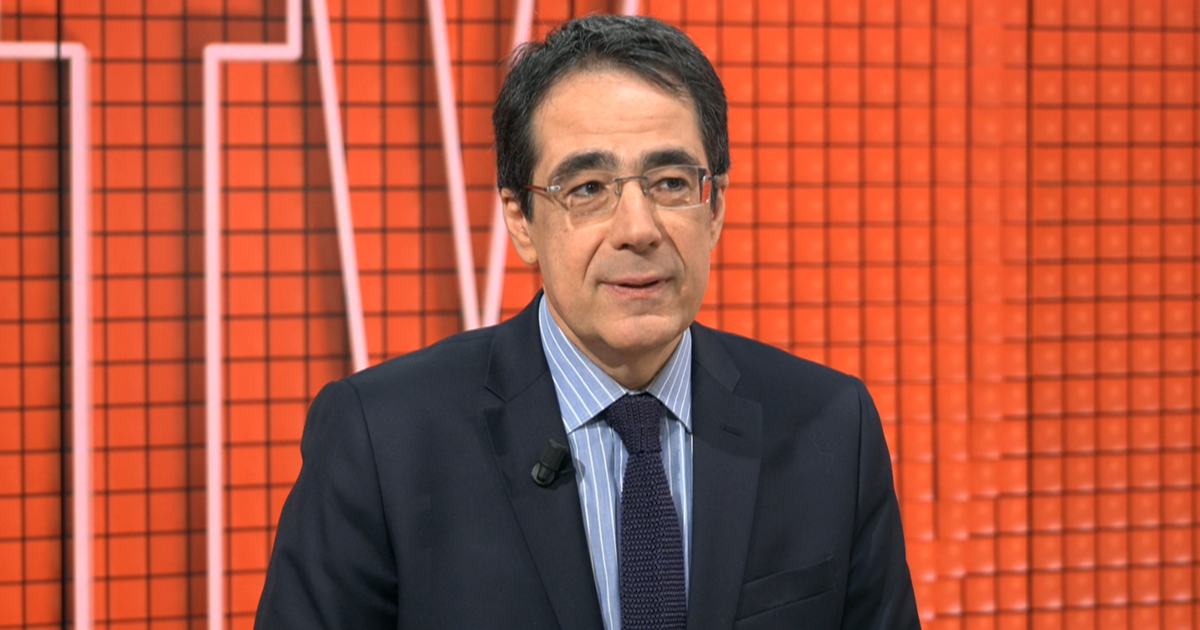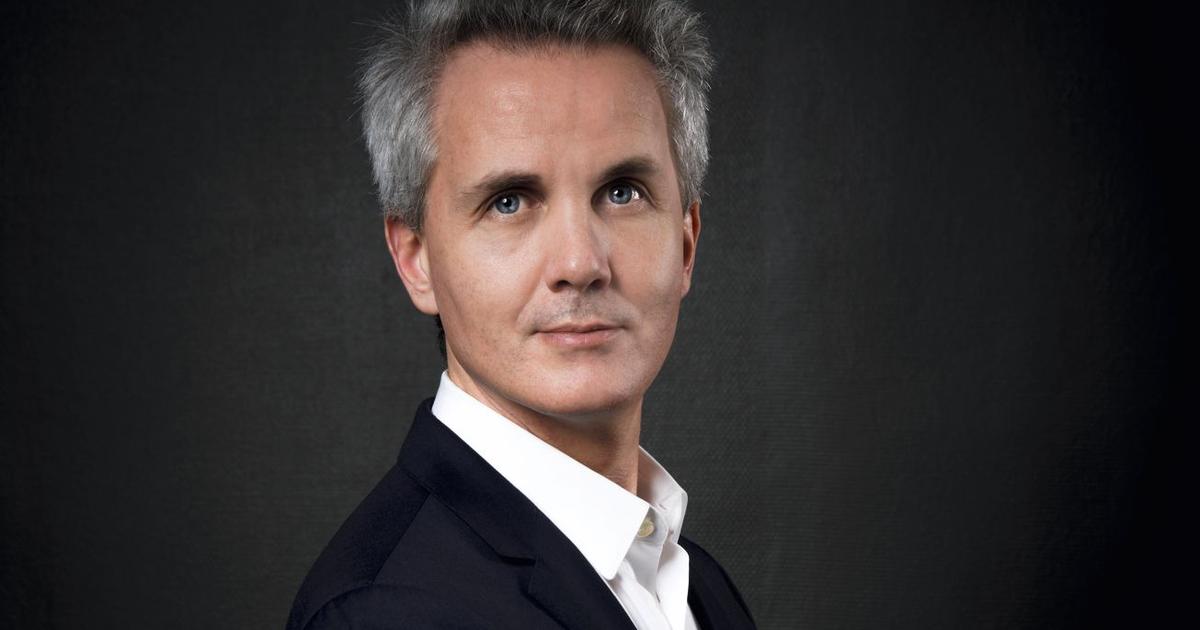In its enlightening book
Dire, ne pas dire
, the French Academy identifies these daily blunders that spare no one.
Whether it is an abuse of meaning, a misuse, a neologism or an anglicism, his keen eye identifies these difficulties of the French language, before recalling its proper use.
Le Figaro
has selected five, and offers you, thanks to the invaluable advice of the immortals, to banish them from your conversation.
To discover
Passionate about word games?
Discover the Figaro games app
● "Provide information"
"He gave me the information I wanted
.
"
You have probably heard this phrase, very common in the office. It was formed after the English
"deliver"
, which means
"deliver"
. In French, the verb
"to deliver"
, from the Latin
deliberare
,
"to deliver"
, has many meanings, as noted by the wise men. It means
"to liberate, to give back to freedom"
. It is found in medicine with the meaning of
"giving birth to a woman"
. It can also be used when talking about goods, money, documents that are handed over to someone. We
“deliver a load, a package”
.
Recently the government asked us to
“issue our certificate”
when we go out after curfew time.
Let us therefore remember that we only
“deliver”
people or concrete objects, but never information.
Let us forget this Anglicism in favor of French:
"provide, bring information"
,
"inform someone"
(and not
"deliver information")
, and
"deliver a secret"
(and not
"deliver a secret"
).
● "I ask for a coffee to be brought to me"
There is danger in the remainder: the grammarians have not found an agreement. Here is a turn of phrase which provokes debate. Can we or cannot we ask
"that"
something happens? Let us recall in the preamble that this turn is quite recent, it is not in any dictionary at the beginning of the XXth century. Its appearance leads to lively discussions.
Some consider it to be faulty, others
,
less severe, condemn this use.
According to them, the locution
"to what"
results from a strange mixture between the construction where the object is a completive subordinate (
"ask that one be silent"
) and that where the object is a prepositional infinitive (
" ask to leave ”
).
However, its use is accepted.
The French Academy has decided to follow the advice of those who proscribe this turn,
"by pointing out that it is unnecessarily heavy"
.
And instead proposes:
"ask that"
(
"I ask that one brings me a coffee"
).
● "I am definitely sure of myself"
The love we have for English is well established.
He became passionate, fusional.
Because here, the adverb
"definitely"
is used in the English sense.
In French, it means
“definitively”
, or
“to end it”
, in sentences like:
“It's definitely over between him and me”
.
English
"definitly"
has the same origin, but does not have the same meaning: it serves to give more weight to an affirmative answer.
Let's banish this word and prefer to use
“absolutely”
,
“really”
or
“yes, of course”
, to enhance our remarks or to answer in the affirmative to a question.
● "Classify invoices"
The verb
"to classify" has
meant in French since the 16th century
"to classify methodically"
.
But beware: it is only used, as the immortals recommend, in
"animal and plant taxonomy"
, that is to say the science of classifications.
It is not a synonym for
"classify"
.
We
“classify”
animals and plants, but we
“classify”
books and documents, and therefore
“invoices”
.
● "Trust in"
This is a formula that has come into use. When it appears at the end of the 19th century, it is reserved for the field of law. Dictionaries and grammarians ignore it, even condemn it. The Académie française does not reject it, but distinguishes its meaning from the phrase
"to trust in"
. This, with the verb
"to have"
, expresses an
"intimate feeling towards a person"
, while
"to trust"
means that one can trust the skill or the honesty. a person to solve a particular problem, in specific circumstances. It's a question of nuance and subtlety! We will say thus:
"I trust Paul"
or
"I trust him"
. And no
"I trust Paul"
or
"I trust him"
.








/cloudfront-eu-central-1.images.arcpublishing.com/prisa/2C5HI6YHNFHDLJSBNWHOIAS2AE.jpeg)



